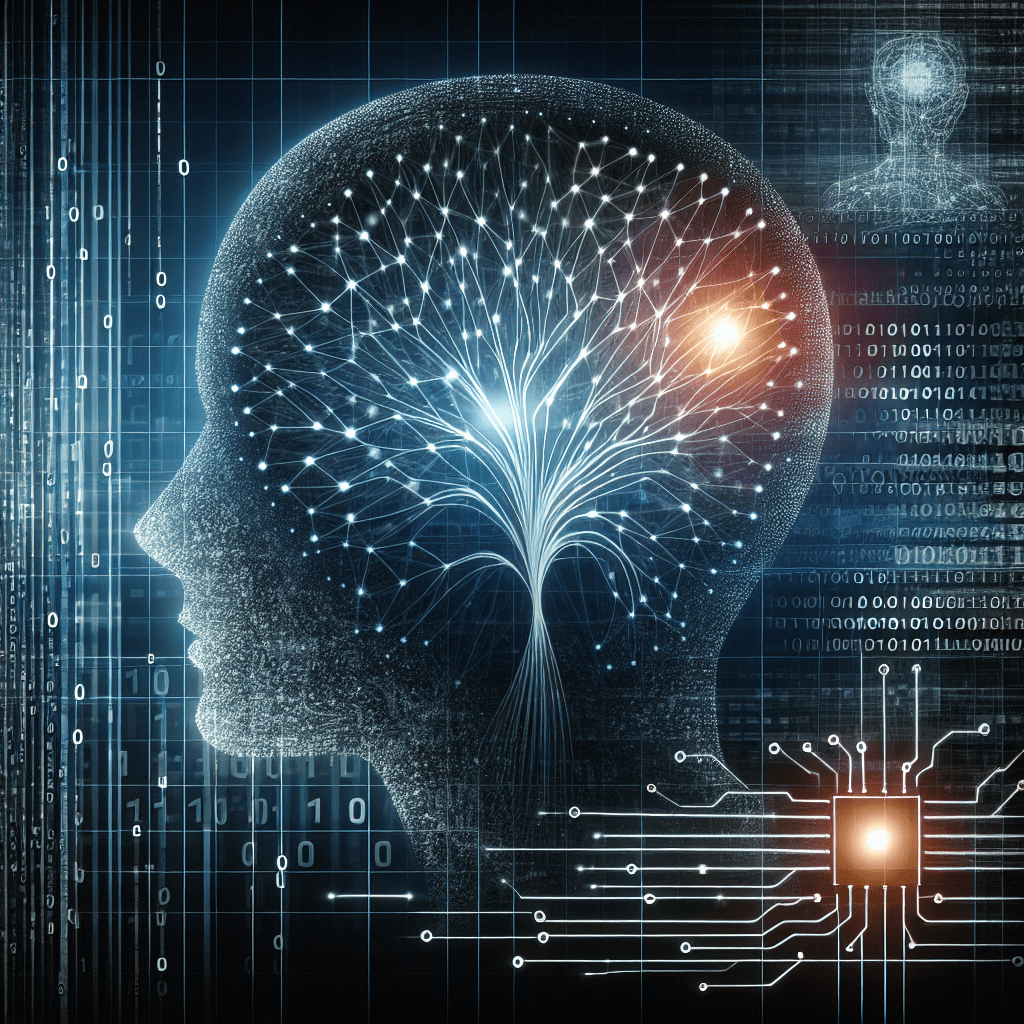Artificial Intelligence (AI) has come a long way since its inception. From simple rule-based systems to complex neural networks, AI algorithms have undergone significant evolution. In this article, we will explore the evolution of AI algorithms and discuss what the future holds for artificial intelligence.
Evolution of AI Algorithms
1. Rule-Based Systems: The earliest AI algorithms were based on simple rules programmed by humans. These systems could perform specific tasks, but lacked the ability to learn and adapt.
2. Machine Learning: With the advent of machine learning, AI algorithms gained the ability to learn from data and improve over time. Techniques such as regression, classification, and clustering were used to train models on large datasets.
3. Deep Learning: Deep learning revolutionized the field of AI with the development of artificial neural networks. These networks, inspired by the human brain, are capable of learning complex patterns and structures in data.
Current Trends in AI
1. Natural Language Processing: AI algorithms are now being used to process and analyze human language. Applications such as chatbots, sentiment analysis, and language translation are becoming increasingly common.
2. Computer Vision: AI algorithms are also being used to interpret and analyze visual information. Facial recognition, image classification, and object detection are examples of computer vision applications.
Future of AI
1. Explainable AI: As AI algorithms become more complex, there is a growing need for transparency and interpretability. Explainable AI aims to make AI decisions understandable to humans.
2. AI Ethics: With the increasing use of AI in various industries, ethical considerations are becoming more important. AI algorithms must be designed and implemented in a way that respects human values and rights.
3. Autonomous AI: The ultimate goal of AI research is to develop autonomous systems that can learn, reason, and act on their own. Autonomous AI could revolutionize industries such as healthcare, transportation, and finance.
Conclusion
In conclusion, the evolution of AI algorithms has been marked by significant advancements in machine learning and deep learning. The future of artificial intelligence holds promise for further innovation in areas such as natural language processing, computer vision, and autonomous AI. As AI continues to evolve, it is important to consider the ethical and societal implications of these technologies.
FAQs
1. What are AI algorithms?
AI algorithms are mathematical instructions or rules that enable computers to perform tasks that would typically require human intelligence. These algorithms learn from data and improve their performance over time.
2. How are AI algorithms changing the world?
AI algorithms are impacting various industries by automating processes, improving efficiency, and enabling new innovations. From healthcare to finance to transportation, AI algorithms are transforming the way we live and work.
3. What are the challenges of AI algorithms?
Some of the challenges of AI algorithms include ethical concerns, biases in data, and lack of transparency. It is essential to address these challenges to ensure that AI technologies benefit society as a whole.
Quotes
“The development of full artificial intelligence could spell the end of the human race.” – Stephen Hawking
“AI is like electricity. It will transform every industry.” – Andrew Ng
#Evolution #Algorithms #Whats #Artificial #Intelligence


